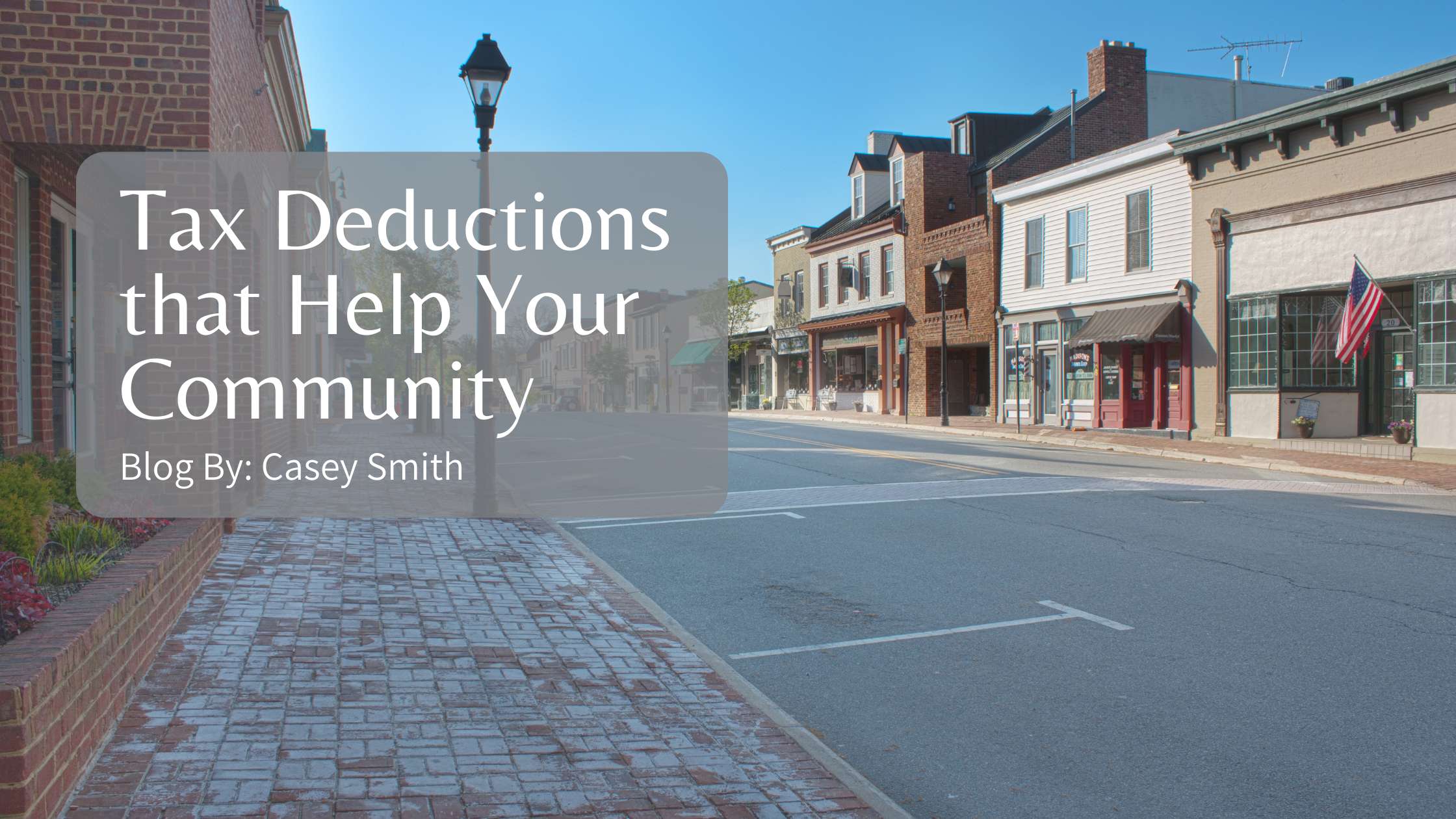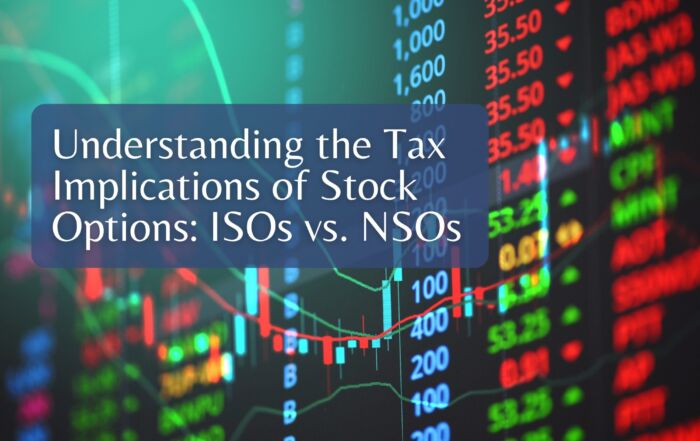Tax Deductions that Help Your Community

In the aftermath of COVID-19, the divide between those struggling financially and a now even wealthier upper middle class has increased quite a bit. While politicians attempt to solve this divide with new programs and higher taxes, the results are never as successful as the vision or intent. Therefore, in the wake of recent changes, many people have been rethinking their tax deduction strategies. If you find yourself in this place of re-evaluation, consider adding community giving to your tax plan. The State of Georgia provides several opportunities for impacting local communities through state tax programs. Here are a couple to consider.
Students in Your Community
School choice, once a hotly debated topic, is now a real option for most parents. As long as you can provide your child’s transportation and the desired school has space, your child doesn’t have to attend your district school. The state of Georgia also wants to make it easier for students of all socio-economic situations to attend private schools. To do this, state funds are provided to private schools to be used for scholarships via the Georgia GOAL Program. Through this program, $100 Million is set aside each year for 160 participating schools. Paying into the program can serve as your Georgia tax payment of up to $2,500 for a married couple or $1,000 for an individual filer. Business owners in 2022 can contribute up to 75% of their state income tax if they’re paying tax at the corporate level.
There are a couple of things to keep in mind: You have to be accepted by the Georgia GOAL program in order to participate and you get to choose the school you want to donate to during the online application process. Even if you don’t have children or your children are out of high school, Georgia GOAL is a great way to help many students in your community who could not afford to otherwise attend private school.
Healthcare in Rural Areas
Healthcare in rural areas can be challenging. The needs of the community often extend beyond the ability of the local hospital to meet them. The State of Georgia has created a program similar to Georgia GOAL for just such rural hospitals. The Georgia Heart Program allows 60 million dollars to be raised through donations to support 54 rural Georgia hospitals. The program has raised the $60 million cap for 2021 and 2022 applications will open in November. Married Georgia filers can contribute up to $10,000 to the program and single filers up to $5,000.
In 2022, Business owners can contribute up to 75% of their State tax liability if filing at the corporate level. Again, like Georgia GOAL, you have to be approved to contribute to the program. And again, during the application process, you get to select one of the 54 participating hospitals to contribute to. Even though you may not live in one of these rural areas, your contribution to the program could go a long way to improving the quality of the healthcare available to our rural neighbors.
Donate Directly to a Cause
In addition to these unique opportunities, it is always possible to simply donate directly to your cause of choice. However, charitable contributions outside of the Georgia GOAL and Georgia Heart programs can only reduce your tax bill if you choose to itemize your taxes. Generally, you would itemize when the combined total of your tax deductions, including charitable gifts, add up to more than the standard deduction.
Need Help Implementing these Strategies?
Implementing new tax strategies may require more work on your part, but taking advantage of these tax deduction opportunities gives you a lot more control over your money. Via the Georgia GOAL and Georgia Heart programs, Georgia is allowing you to direct where you want your tax dollars go versus paying them into the general state fund. Reach out to us with any further questions you may have. We will be happy to help connect you to these programs and discuss them in light of your unique financial situation.
Casey Smith
President
Share This Story, Choose Your Platform!
Wiser Wealth Management, Inc (“Wiser Wealth”) is a registered investment adviser with the U.S. Securities and Exchange Commission (SEC). As a registered investment adviser, Wiser Wealth and its employees are subject to various rules, filings, and requirements. You can visit the SEC’s website here to obtain further information on our firm or investment adviser’s registration.
Wiser Wealth’s website provides general information regarding our business along with access to additional investment related information, various financial calculators, and external / third party links. Material presented on this website is believed to be from reliable sources and is meant for informational purposes only. Wiser Wealth does not endorse or accept responsibility for the content of any third-party website and is not affiliated with any third-party website or social media page. Wiser Wealth does not expressly or implicitly adopt or endorse any of the expressions, opinions or content posted by third party websites or on social media pages. While Wiser Wealth uses reasonable efforts to obtain information from sources it believes to be reliable, we make no representation that the information or opinions contained in our publications are accurate, reliable, or complete.
To the extent that you utilize any financial calculators or links in our website, you acknowledge and understand that the information provided to you should not be construed as personal investment advice from Wiser Wealth or any of its investment professionals. Advice provided by Wiser Wealth is given only within the context of our contractual agreement with the client. Wiser Wealth does not offer legal, accounting or tax advice. Consult your own attorney, accountant, and other professionals for these services.





